Summer is quickly coming to an end, and preparations for the upcoming school year are within close reach. With the impending return to in-person learning for many, continued online learning for others, and even dual audience learning for some, now is the perfect time to re-imagine, re-envision, and re-think how we leverage edtech for teaching and learning in our new educational landscapes.
Dozens of interesting edtech books offer useful content that we can all leverage in some capacity. However, sifting through all of that would take months!
To support your professional learning journey, start with this list of fantastic edtech books that every new and seasoned K-12 teacher, from all academic subject areas and grade levels, should read.
1. Closing the Gap: Digital Equity Strategies for the K-12 Classroom
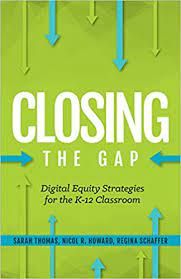
Edtech and digital environments will be a more prominent, and likely a permanent, aspect of teaching and learning moving forward. We must also ensure that there is digital equity so that all students can have equitable access to digital content and experiences. In Closing the Gap: Digital Equity Strategies for the K-12 Classroom, authors Sarah Thomas, Nicol R. Howard, and Regina Schaffer identify issues of digital equity through the lens of a problem of practice and provide ways that teachers and tech coaches can respond to these challenges. One of the most practical elements of this book comes from the research-based vignettes by teachers who have encountered and conquered some of the challenges highlighted. Key issues that are discussed include access, connectivity, limited resources, digital divide, and the homework gap. Strategies for connecting the ISTE Educator and Student Standards are also provided. This book is a tremendous resource for teachers who want practical strategies, examples, and recommendations for addressing the challenges that come with teaching in the digital age.
2. Tech Like A Pirate: Using Classroom Technology to Create an Experience and Make Learning Memorable
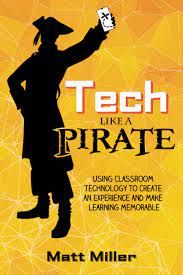
Who said learning and fun cannot co-exist? The opposite is actually true! To make learning relevant and interesting for students, they must enjoy the educational experience. In Tech Like A Pirate: Using Classroom Technology to Create an Experience and Make Learning Memorable, author Matt Miller approaches using classroom technology in exciting, fun, and meaningful ways. Game-based learning, global expeditions, and communication, along with social media and video apps, are discussed. In addition to the strategies and ideas, downloadable templates for class, a companion website, and pirate engagement hooks are all provided.
3. Illuminate: Technology Enhanced Learning
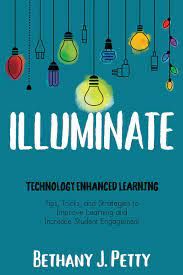
Student-centered learning should be at the core of every classroom. While technology has the potential to support this, there must be intentional ways to strengthen and augment traditional teaching and learning practices. In Illuminate: Technology Enhanced Learning, author Bethany Petty provides a myriad of tips, tricks, and strategies to enhance learning and increase student engagement with technology. One of the major themes of the book, which is a useful reminder for all teachers when using edtech, is to not focus on specific tools but on the ways in which we use tools to enhance learning. This book has featured ideas for communicating with families, increasing collaboration, critical thinking, and creativity, and empowering both teachers and students to reflect on and share learning.
4. Teach Boldly: Using Edtech for Social Good
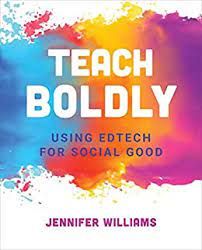
Teaching and learning must go beyond the class environment. Today’s students have experienced learning at home, online, and in the classroom, and have seen many issues that impact society. In Teach Boldly: Using Edtech for Social Good, author Jennifer Williams provides pathways to using edtech tools and resources, for the larger good of humanity. The book details how to use edtech tools to amplify student voices and provide them a space in which to be creative and think critically about addressing the needs of people around the world. The book provides teachers with simple ideas for transforming learning and classroom culture through space while using edtech as a catalyst for change. Tips for taking action now along with integrative activities are included.
5. Increasing Engagement in Online Learning
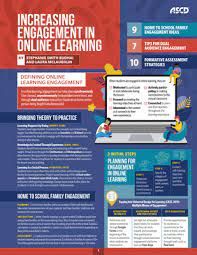
This final book recommendation is in the format of a quick reference guide. If you do not have time to read through an entire book, myself and co-author Laura McLaughlin provide in Increasing Engagement in Online Learning a wealth of information on increasing engagement in online and hybrid learning environments. In addition to strategies, examples, and edtech tools to support collaboration, participation, and formative assessment strategies, topics for effectively navigating dual audience engagement, and home-to-school engagement ideas are covered. Some of the topics addressed are engaging students in breakout rooms, avoiding zoom fatigue, and planning for both asynchronous and synchronous learning.

